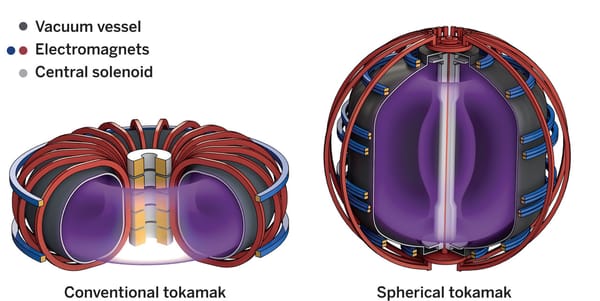Why Nvidia’s ARM Acquisition Should Be Blocked
Tech Writer Shrey Bohra thinks Nvidia should not be allowed to acquire ARM, in detriment to European tech industry and security
Europe is not particularly well known for its tech companies, with the entire industry being valued at less than half of Apple alone. Local companies have stagnated or been acquired, leading to this side of the Atlantic having an almost complete dependence on the US for some of the most important things in modern society. There is one exception to this trend, however – ARM. ARM as a company is not very well known to the public but is hugely influential in daily life. With over 180 billion processors based on its designs shipped – including in almost every smartphone ever made – it may be the technology we interact with most. The company operates on a different model to most others; instead of selling its own products, ARM develops intellectual property which it licenses to others, receiving a small royalty on every product shipped that uses its technology.
This proposal is detrimental not only to arm, but also the european tech industry and national security
This business model has become the driver behind its massive success . Known as the “Switzerland of the semiconductor industry”, ARM’s willingness to license its IP to anyone and e ver yone has meant companies have been confident enough to spend billions on R&D underpinning their businesses with ARM technology – with Apple, for example, moving all of its products to ARM based designs in the coming years. This neutrality is something that is threatened by the proposed $40 billion acquisition of ARM by Nvidia, a company best known for its GPUs. This proposal, in my opinion, is not only detrimental to ARM, but also to the European tech industry and possibly even national security.
To be clear, ARM has not technically been independent in recent times - after a $32 billion acquisition by Japanese conglomerate Softbank in 2016, the company was removed from the LSE and NASDAQ. Despite Nvidia offering the same promises as Softbank made in its deal – such as keeping the company headquarters in the UK, with the UK’s most powerful supercomputer thrown in as a sweetener – there are some key differences between the two companies.
Softbank, despite its massive $100 billion “Vision Fund” for investing in technology, is not a player in the semiconductor industry, meaning it is in its best interests to make ARM as open to licensing as possible. Nvidia, on the other hand, operates in the same markets as many of the companies that license ARM technologies, such as Samsung and AMD. Nvidia could very easily restrict what licensees could do with their future ARM based products, raising prices and stifling innovation – and with a reputation for anti- competitive behaviour, this is not inconceivable. Without any legally binding guarantees, Nvidia’s promises that it will do the right thing are meaningless.
The second issue with Nvidia taking ownership of ARM is the fact that it is headquartered in the USA. The Trump Administration has increasingly embraced protectionism, placing some foreign companies, such as Huawei, on what is known as the Entity List. Whether these sanctions are justified or not is beyond the scope of this article – what this means, however, is that all US-based companies are barred from trading with the members of the Entity List. The restrictions do not stop there; any foreign companies are also barred from trading with the companies on the Entity List if they utilise any technolog y of US origin – however little – in their products. Being a UK-based company, ARM is immune to this legislation, allowing it to continue to trade with whoever it wishes to. This is a very powerful ability to have – immunity from US sanctions is something countries spend billions developing, for example through Russia, China, and the EU’s independent satellite navigation systems. Throwing away this influence is a clear detriment to national security.
Nvidia could very easily restrict what licensees do with their future armbased products
Softbank is not selling because it wants to – it is selling because it needs to. Through some bad investments such as WeWork and the impact of the coronavirus pandemic, the conglomerate is in desperate need of cash, and as such is selling off one of its jewels in a last-ditch attempt for some liquidity. One avenue to be pursued – favoured by ARM cofounder Dr Hermann Hauser – is for ARM to go public again, with the possibility of the UK Government taking a stake in the company. Although the Government has shown an appetite for such deals recently – investing $500 million for a stake in satellite communications company OneWeb – the technological illiteracy of our politicians means the importance of ARM is probably going to fly right over their heads, instead viewing the deal as another pawn in the post Brexit trade deal negotiations. Other options are likely to be equally as problematic as the one proposed by Nvidia – the kind of organisations with this kind of money tend to be American tech companies or state backed investment funds. The final, most likely option is for the acquisition to be approved, with regulators negotiating legally binding agreements to get around some of the issues with the deal. Unfortunately, it looks as if we will see yet another promising European technology company swallowed up for a fraction of its potential value.





